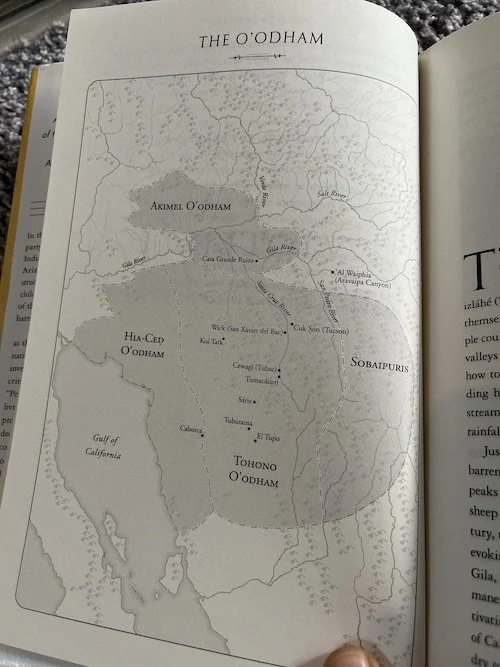Karl Jacoby examines the massacre of an Apache band of mostly women and children in the 1871 Arizona Territory from the perspectives of the victims and the different allied perpetrators- Mexicans, Americans, and indigenous O’odham. In doing so, Jacoby adds a small but valuable amount of clarity to a time and place that has left scarce historical sources. Unfortunately, clarity does not always make the past make sense. Patterns of violence have left deep scars on the many peoples who’ve made their homes in the Southwest.
By resisting the temptation to frame the events in terms of clear winners and losers, heroes and villians, or to add a more satisfying ending to the story, Jacoby reveals the contingent nature of history. It is all too easy when looking at the past to attribute causation to famous persons, social and philosophical theory, or materialist statistics. To do so obscures the stories of the people who lived through these events and simplifies the forces that fueled them.
Shadows At Dawn- Brown University





